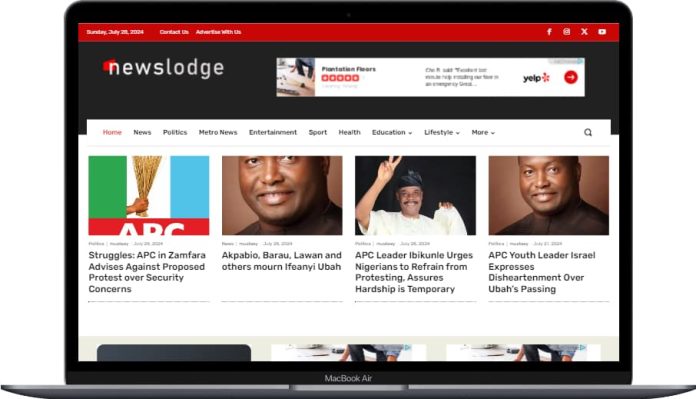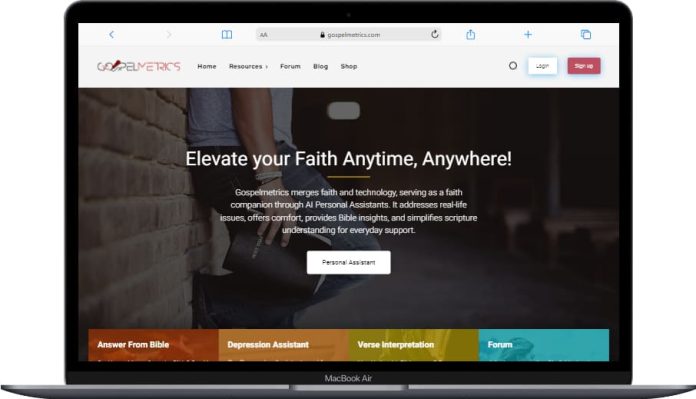[ad_1]
Goal 5 of Sustainable Development, Goal 5.6 (b) is very clear to enhance the use of enabling technology, especially information and communications technology, to enhance the empowerment of women. He gained strength to express the possibility of achieving goal 5 (5) (b) of goal 5 by 2030, i.e. 14 years from now. But I am thinking whether this goal will be achieved with the current situation? Anyway, I will allow you to be the judge.
Technology is changing the world faster, although it is masculine and difficult, but it is worth noting. One thing indisputably is that ICT appears to be the snail in changing the world of women, as femininity-related companies are retreating in the ICT engines. As the number of girls and women continues to decline in the ICT value chain and more and more men remain in the ICT world, the balance is clear. It is clear to what extent, how many girls are taught how to develop computer applications, how many educated computers are, how many have them repair mobile phones and computers, and what are we doing to entice girls into the digital profession? It is a myth to think that ICTs can promote promiscuity in women and is just an empty excuse. Myth is a huge gap and still a comedy, yet it is a powerful factor affecting African men in captivity for a very long time regardless of background. Undoubtedly, IT communications versus the Internet have changed their lives and are still changing people's lives, and have changed the way we do things, what we do, and when and where things are done. It made the world more modern than time. Close borders and open borders, have made the world in a small space for everyone. The only thing that I think still has to do with the Internet is to bridge gender gaps. Gender inclusiveness in technology can be reasonable if we want a better and safer world for everyone.
Gender inequality remains an obstacle to achieving the SDGs and Goal 5 in particular. It is not fair to know that men still find it difficult to understand the principle of SDG 5 – first – gender equality, then its emphasis on technology. Think, what does gender equality really mean for men? They also used to ask "Do women want equality for men? Or what does the United Nations mean – gender equality? This question needs to be answered and I know you can say, but you think it is very difficult to explain that in the context of Africa" To men, it was from It is extremely difficult to explain the meaning of "gender equality" for African men and it is the root cause of resistance, and if I may ask, why is it so difficult for women defenders to really put what kind of equality they mean – when calling for equality? Does this equality mean equality of men with men? What are the characteristics of these characteristics? What about benefits now and in the future, even for children and families? I think if some of this is answered, mindsets and perceptions can form, you know, many men pretend they know what gender and equality are, while they don't retreat, but they only retreat within their circles and put it in an insult. Did you know that there are many misconceptions about gender equality in local communities? So worldview? Do a small survey and you will be shocked by your result.
Educated men, though not a hand, are the worst at it, while uneducated men don't even want to hear about it. Girls are seen as weak and do not need a voice. Religiously, sex is the tail, the man, the head. Africa's perception expands further and brings women home. I realize that women and girls are less intelligent than men. I ask why? Why are men always trained in emerging opportunities and prioritizing access to themselves and in early times? Why leave women behind to learn about opportunities arising later and give the last chance to reach that? After that, I realized that the world is no better. Imagine if the Internet educates women, isn't it teaching the world as they say?
It can help prepare girls and women with technology skills, especially now that every job has a digital component. Be it selling fruit, restaurant, restaurants, etc., it can help knowledge of internet / technology. But the real problem in Africa is that most girls and women, especially girls in poor rural areas, do not have access to the Internet, and those who can access the Internet at a very high cost; the Internet is slow and broken in communication. Internet coverage is still more civilized. Many do not know how to use the Internet with a feeling or a skill at work. I am annoyed annoyed about what to do?
A 2013 UNESCO report notes that 65 million children worldwide do not have access to education. 29 million girls are illiterate in Africa, while 17 million girls are out of school in Africa. Somewhat illogical when a few men feel threatened when a woman gets an education? I mean, for example, how traumatic it is when we assume that educated women cannot marry and make them feel unfulfilled in a social environment. I know that marriage is not the end but rather the weirdness of society. However, all of these narratives sometimes make our women vulnerable and less interested in becoming who they are.
According to the World Economic Forum's 2016 Gender Gap Report, we will not achieve gender equality in the workplace for another 118 years, which makes me agree with the report and see how I can contribute to driving the wheel. As women and girls continue to be empowered to resist the majority of men, it makes me feel that the women's-led advocacy has not really helped in matters, creating gender enmity. As I see it, men's resistance to gender equality is evident in bullying, assault, bombing, kidnapping and killing of gender activists. It is a humble opinion, the women-led invitation should be reviewed. Advocates for gender equality must hold men in their collective work and open a dialogue with men at the local and international levels. I will recommend that UN women should be led by men and let us see if we are not achieving a new result.
From Kampala to Madagascar, girls and young women make every effort to make an impact in international space. In Dakar, for example, Awa Caba is building e-commerce websites where local fruits are sold to citizens while improving their well-being. In Nigeria, Linda Ikji of http://www.lindaikejisblog.com uses writing skills to write news stories on her blog and rank with high income every day among others. Therefore, women who are the best entrepreneurs around the world must be trained on how to use the Internet to expand their social network and companies and make new friends and contacts. When this is done, the benefit will steal us all.
[ad_2]&


